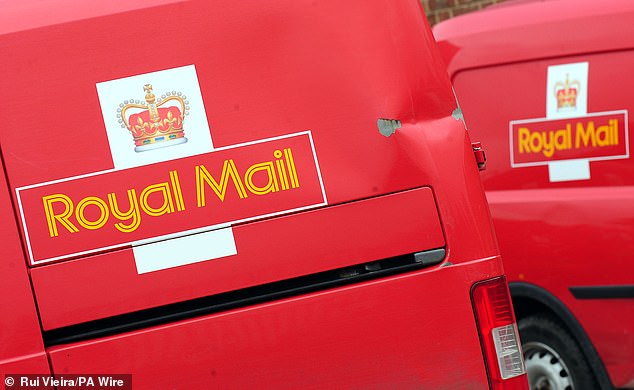Table of Contents
Labour’s first big corporate challenge, when it comes to power, is what to do with the Royal Mail.
Other industrial hot potatoes, such as the future of Tata-owned Port Talbot and Thames Water, are also lurking.
Specifically, Labour’s manifesto commits a future administration to close scrutiny of the Royal Mail deal under the National Security and Investment Act.
The law gives the government all the powers it needs to stop in its tracks the agreed £3.6bn takeover of Royal Mail parent company International Distribution Services (IDS) by Czech billionaire Daniel Kretinisky.
If a sphinx-shaped outsider wanted to swallow up the US Postal Service, the deal wouldn’t stand a chance. The United States genuinely believes in “security.”
Threat: Labor manifesto commits future administration to full scrutiny of Czech billionaire Daniel Kretinisky’s £3.6bn takeover of Royal Mail
There is talk of giving participation to the CWU postal union in the new organization. How quickly it is forgotten that when the Royal Mail was privatized, a portion of the shares were handed over to the workers. It is estimated that at least 5 percent of the shares are still in his hands.
The weakest link in the betrayal is the IDS board of directors. President Keith Williams, having had a tough time with the unions, threw his toys out of the stroller and negotiated an unenforceable deal with the predators.
Senior non-executive director Sarah Hogg was silent. The rest of the directors have behaved like nodding dogs.
IDS chairman and German chief executive Martin Seidenberg should have been replaced by a new slate of bosses willing to defend a British institution in need of a revival.
One sometimes wonders whether directors are fully aware of the obligations set out in the Companies Act 2006, passed by a Labor government.
This requires managers to analyze the long-term consequences of their decisions.
They must also ensure that the interests of employees, suppliers and customers are preserved. And to ensure that any transaction is in the broader interests of consumers.
The surrender faction on the IDS board has failed to offer irrefutable guarantees about any of this.
It is almost impossible to do this with a financially motivated foreign buyer. Once the company is sold and command and control is diverted overseas, law enforcement mechanisms become ineffective.
Kretinsky’s 27.5 percent stake gives him the right to have a say in what happens. But he cannot be allowed to lift the heavy burden and crush a postal service that is vital to everyone at home and abroad.
dollar signs
Investor approval of Elon Musk’s $56 billion Tesla pay deal is an outlier that is unlikely to be repeated.
Executive pay in the United States is a much less divisive issue than in Britain. The attitudes are fundamentally different.
Americans are much more tolerant of high salaries, arguing that one day they, too, could find themselves in the boardroom and become richer.
So far this year, CEO compensation at top S&P companies has risen 12 percent. Compare that to lower-level colleagues who have seen a 4.1 percent increase so far.
In the UK, the pay of top bosses, such as Chris O’Shea at Centrica and Ken Murphy at Tesco, is making national headlines. Both companies have large customer bases and workforces, so the rewards packages are annoying.
In the United States, a number of companies – including the failed Peloton and LendingTree – are offering their CEOs huge stock donations in the hope that they can turn around the company’s fortunes.
No wonder British executives cast an envious glance across the Atlantic and are ready to catch the next plane to New York or Chicago.
The battalion’s big shareholders, BlackRock and Vanguard, generally support big wages in the United States. Good job if you can get it.
Retribution time
The long shadow of David Cameron’s former business partner Lex Greensill continues to hang over Swiss banking.
UBS, the winner of the Credit Suisse crash, in which the Australian played a supporting role, is recovering 90 percent of the losses suffered by the investment funds that backed Greensill. The cost is £710 million.
It would be nice to think that investment platform Hargreaves Lansdown would show similar sensitivity to the needs of clients encouraged to invest in Neil Woodford’s crash funds.

